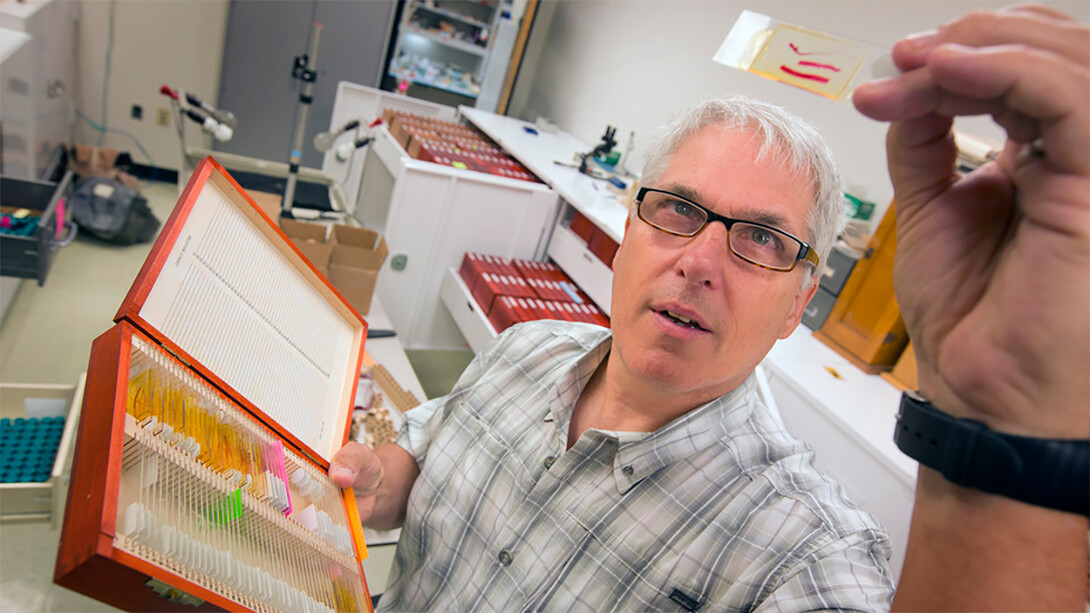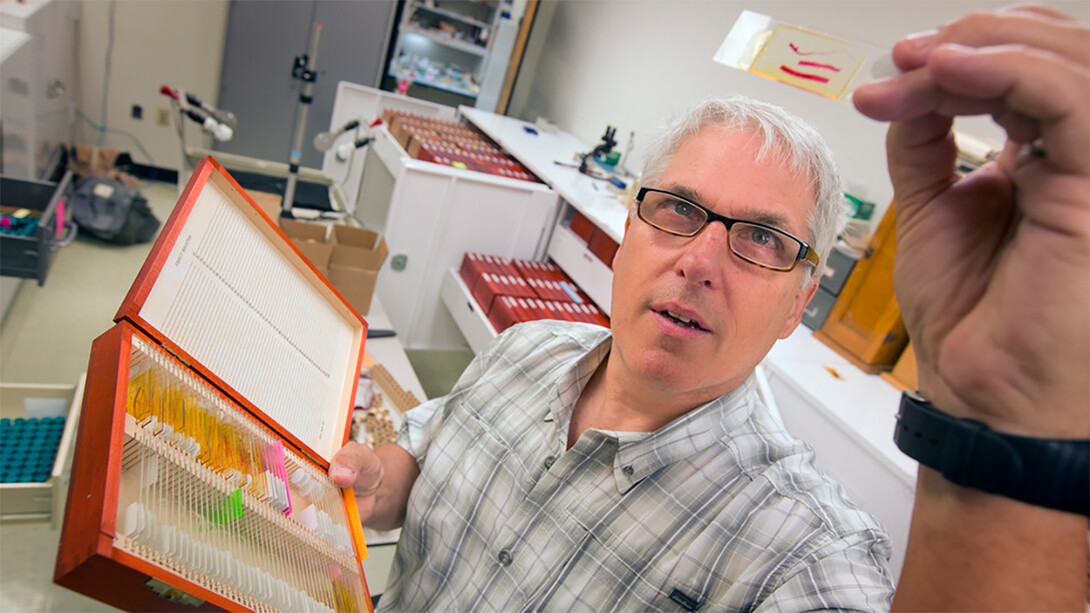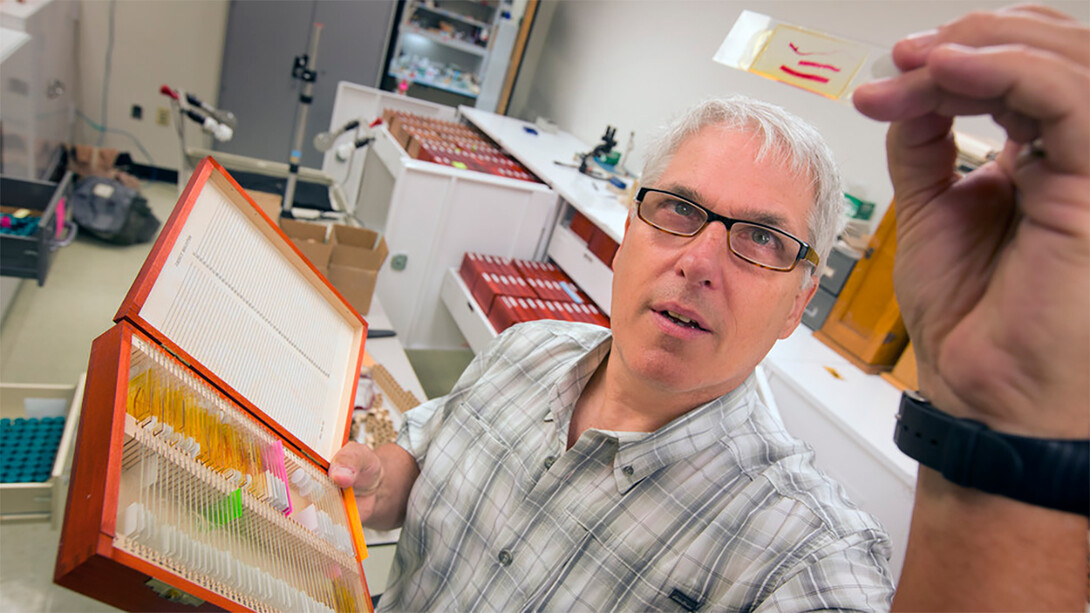
Seven University of Nebraska-Lincoln undergraduate students in the College of Arts and Sciences earned Benjamin A. Gilman International Scholarships to study or intern abroad during the 2018-19 academic year.
The Gilman is a nationally competitive scholarship awarded three times a year by the U.S. Department of State’s Bureau of Educational and Cultural Affairs and administered by the Institute of International Education. The Gilman Scholarship Program supports underrepresented undergraduates who might not otherwise participate due to financial constraints and aims to encourage students to study and intern in a diverse array of countries and to study languages, especially critical-need languages.
The college’s 2018-19 Gilman scholars:
- Ryane Needles, junior, global studies, Spain, fall 2018
- Anna Burbach, junior, biochemistry, Costa Rica, summer 2019
- Martha Burns, senior, global studies, Costa Rica, summer 2019
- Misael Heras, junior, global studies, Peru, summer 2019
- Gisselle Hernandez, senior, biological sciences, Ethiopia and Zambia, summer 2019
- Addisson Stugart, junior, political science, Chile, summer 2019
- Shelena Zwiener, senior, psychology, Austria, summer 2019
Gilman scholars receive up to $5,000 to apply toward study program costs and may receive an additional $3,000 to study a critical language.
U.S. Rep. Jeff Fortenberry (R-Nebraska) spoke about the impact of the Gilman program and the success of Nebraska’s undergraduates in the program at an event April 2 on Capitol Hill in Washington, D.C., hosted by the Institute of International Education and the U.S. Department of State.
In 2017-18, the University of Nebraska-Lincoln set an institutional record with 34 Gilman scholarship offers and 31 students accepting. Josh Davis, interim associate vice chancellor for international engagement and global strategies, said the university achieved the greatest growth nationwide among large institutions and for first-generation college students.


